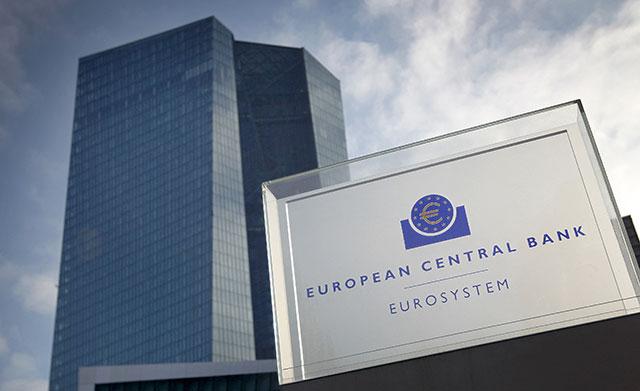You are here
Another debt crisis is still long way off — experts
By AFP - May 26,2022 - Last updated at May 26,2022
PARIS — The sharp rise in global interest rates since the beginning of the year means that countries are having to pay more to borrow and that is putting pressure on public finances just as economic growth risks being snuffed out by high inflation and disruptions in supply chains.
Nevertheless, the spectre of another debt crisis — such as the one that brought the eurozone to its knees more than a decade ago — is still a long way off, experts say, as the impact on public finances will only be gradual.
How high?
The rise in sovereign bond interest rates has been steep.
For France, the rise in the interest rate, or yield, on its 10-year bonds between January and mid-May was the steepest since 1994, going from near zero per cent to 1.5 per cent.
Germany's 10-year bonds experienced a similar increase, as have other eurozone nations.
Greece, which still faces the highest interest rates in the eurozone after a sovereign debt crisis that began over a decade ago, has seen the yield on its 10-year bonds recently surpass 3.5 per cent.
IMPACT
Higher borrowing costs mean that governments have to pay more to refinance their debt.
As countries have taken on vast amounts of additional debt to stave off economic collapse from the worldwide coronavirus pandemic, the higher interest rates will inevitably impact public finances.
For France's 10-year bonds, "each per centage point increase in interest rates translates into nearly 40 billion euros ($43 billion) in additional annual costs, or nearly the current defence budget", the head of the central bank, Banque de France, Francois Villeroy de Galhau said recently.
Analysts at investment bank Natixis suggest that for debt to remain sustainable, long-term interest rates must keep below the rate of economic growth in the long term.
For now, however, the higher rates "remain absorbable, we're not at levels of 10 or 15 per cent", said Virginie Maisonneuve, global chief investment officer for equity at Allianz Global Investors.
"Some gymnastics and adjustments are needed, but its manageable," she said.
Moreover, countries do not need to refinance all of their debt, so the impact of higher interest rates on state coffers will only be gradual.
In addition, soaring inflation, paradoxically, has a positive effect, as it boosts the value of economic output and, in turn, tax revenue, but at the same time reduces the proportion of debt to the overall economy.
Risk for the eurozone
While no country is currently facing a situation like the one Greece faced in 2009 — and which triggered a debt crisis across the entire eurozone — the situation could become something of a headache for the European Central Bank (ECB).
Investors do not just look at interest rates themselves, but also at the so-called "spread" or difference between the borrowing costs of individual countries.
The wider the spread, the greater the challenge for the ECB to use interest rates as a lever in monetary policy.
The spread between Germany — which historically pays the lowest interest rates — and Italy has more than doubled in the past year.
Few analysts expect a significant deterioration in the situation.
However, the ECB has signalled it will act against what it sees as an unjustified fragmentation of the eurozone debt market and is currently drawing up the tools it needs to do so.
Related Articles
FRANKFURT — The European Central Bank (ECB) on Thursday kept its massive pandemic-fighting stimulus package in place, in a bid to help Europ
PARIS — The European Central Bank's (ECB) plan to buy corporate bonds to help the eurozone economy is boosting the private-sector debt marke
FRANKFURT — The European Central Bank (ECB) on Thursday brought an end to the era of negative interest rates in the eurozone, with a bigger

















